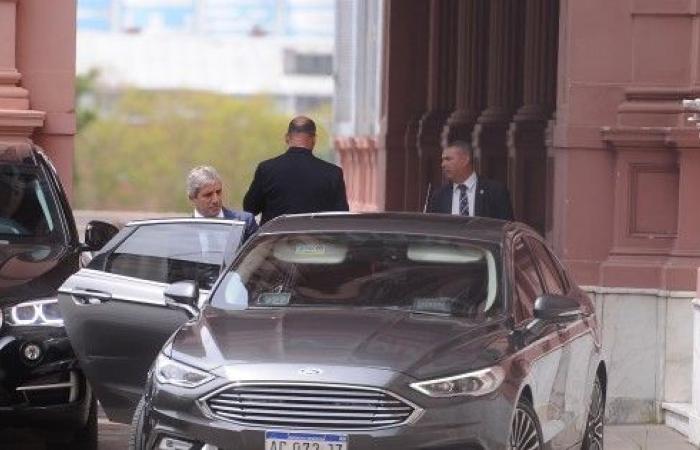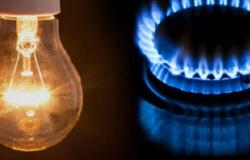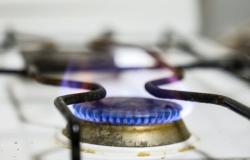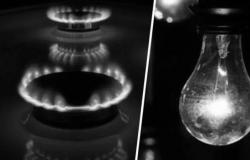There is no money, but the paralysis of key infrastructure works is becoming very expensive. This is the case of gas pipelines. Since they do not advance, the State is obliged to import the fuel. Imported LNG is worth four times more than what is paid for the gas extracted in Vaca Muerta.
Milei’s decision to postpone the work of reversing the Northern Gas Pipeline, forced him to sign new contracts with Bolivia, at scandalous prices. This Monday LPO was able to confirm the prices contained in the new addendum to the contract with Bolivia signed by the state company Energía Argentina (Enarsa) to ensure the supply of natural gas for the months of August and September.
The contract between Argentina and Bolivia, to supply gas to 7 provinces in the center and north of the country, had an expiration date of July 31. Although this is the ninth addendum, what is scandalous is the price that Argentina validated. While Vaca Muerta gas is paid USD 4.5 MBTU in winter, and imported LNG is priced below USD 12, the government is going to pay a whopping USD 21 MBTU to Bolivia during September. That is to say, it more than quadruples the price of local gas that cannot be capitalized due to the lack of infrastructure.
“The price is crazy, very expensive,” a source from the Ministry of Energy told LPO, explaining that this is the reason why it is not possible to transfer it to tariffs. “It would be a massacre, it takes us into account,” said the source. From the portfolio led by Eduardo Rodríguez Chirillo, they highlighted that the extra cost for imported gas will be absorbed by Enarsa to be computed in the National Treasury subsidy accounts. “It is not transferred to the demand,” they emphasized.
While Vaca Muerta gas is paid USD 4.5 BTU in winter, and imported LNG is priced below USD 12, the government is going to pay a whopping USD 21 BTU to Bolivia during September.
Specialist Juan José Carbajales, director of the consulting firm Paspartú, explained to LPO that the libertarian government continued with the policy of setting a single wholesale price. “Today all households pay USD 3.3 MBTU, which is the average price between the summer and winter rate established in the Gas plan. Bonuses and discounts appear on this value, depending on the level of income,” said Carbajales.
Due to the lack of planning, the government will spend more than 3.2 billion dollars on importing gas
The question that arises is about the fiscal goal committed from the impact of these imports, estimated at more than USD 2000 million. The government told LPO that “the subsidy bill still falls because there is more gas than last year, and international prices fell, and there is more water.” Paradoxically, the government recognizes the benefits of the Nestor Kirchner gas pipeline. It remains to be seen how it affects the capital account in terms of reserves.
The Secretary of Energy, Eduardo Rodríguez Chirillo.
The northern gas pipeline was originally planned to import gas from Bolivia, but the decline in Bolivian hydrocarbon production and the Vaca Muerta boom, which today produces more than the entire neighboring country, urged us to reverse the direction of the gas flow to ensure supply in the region. northern region of the country and be able to export gas at super competitive prices to São Paulo, the industrial heart of Brazil.
The original project consists of three different works, one of which is the construction of the 123 kilometer line between Tío Pujio and La Carlota. The remaining are the extension of 62 kilometers of the Juana Azurduy Gasduct and the reversal of the direction of gas injection in the Ferreyra and Deán Funes compressor plants, Lavalle in Santiago del Estero and Lumbreras in Salta. A period of 5 months was estimated for the completion of the work, of which more than 6 have already passed.
The reversal work of the northern gas pipeline is budgeted at USD 710 million. The initiative is partially financed by a CAF loan for USD 540 million, although quoted at the official exchange rate of Massa’s time when it was 350 pesos. Regarding the difference of USD 170 million, it was originally contemplated to have funds from Cammesa.
Strictly speaking, this work, planned to be carried out in 5 months, was stopped after the change of government. As soon as he took office, Chirillo declared a key tender for the work void. After more than a semester, the new process has one of the sections with works barely started and another with the award resolved only at the beginning of last May.






